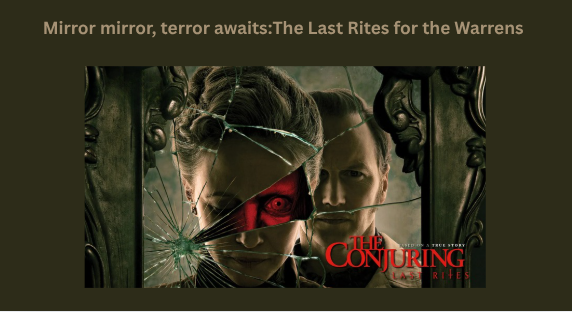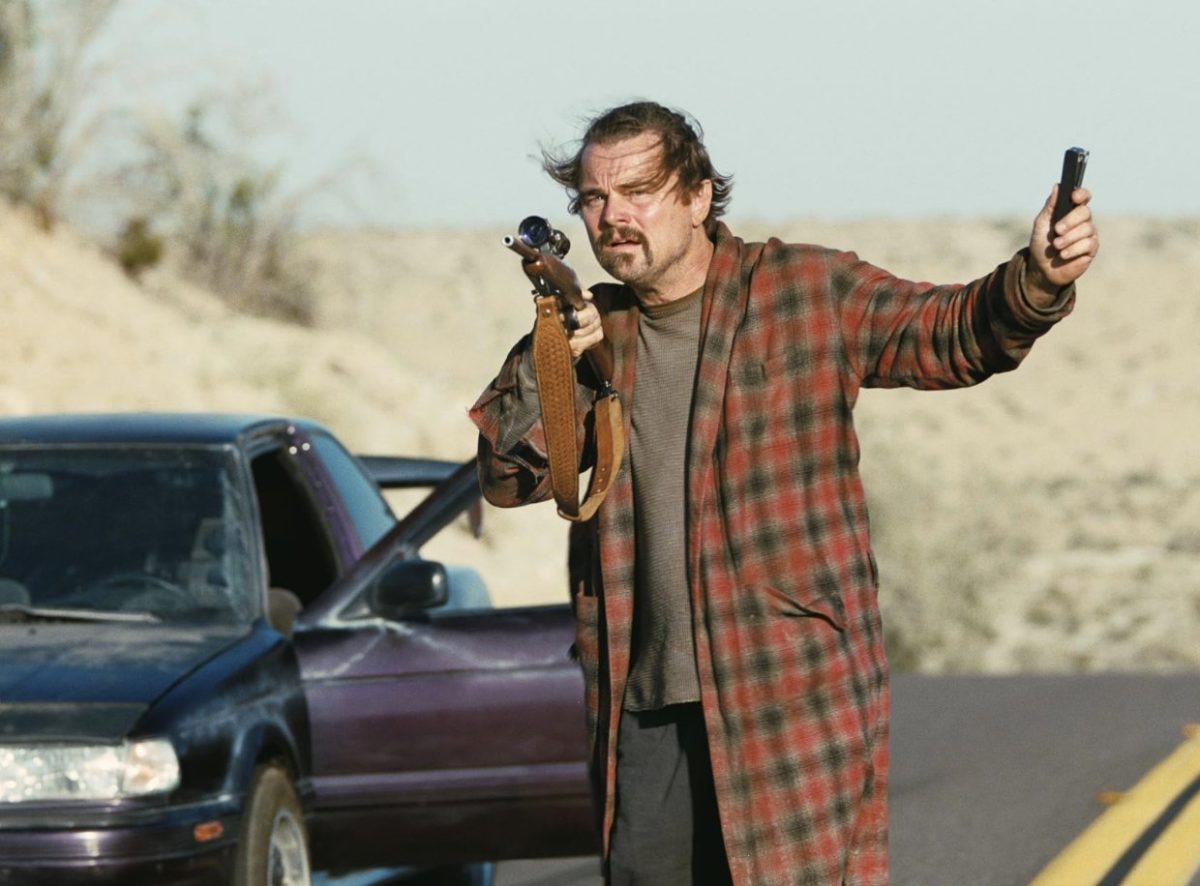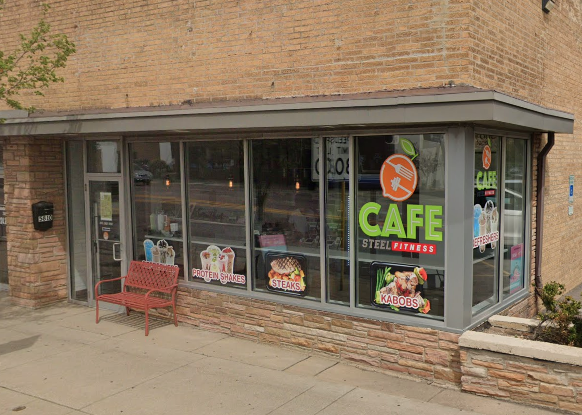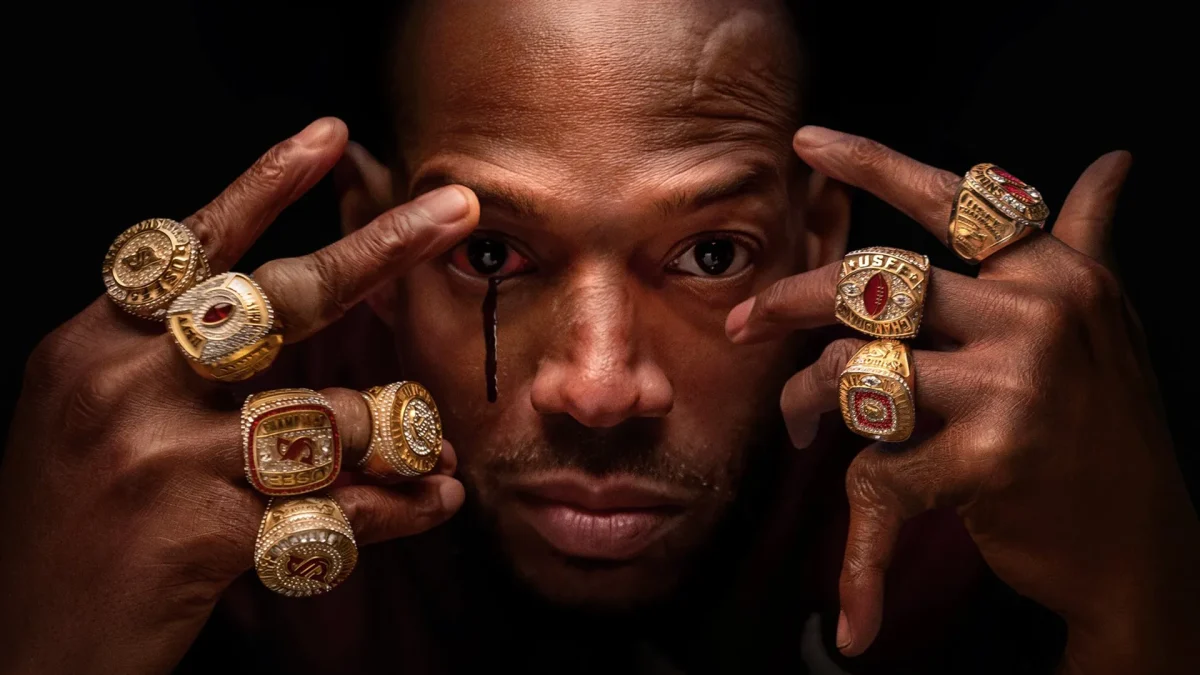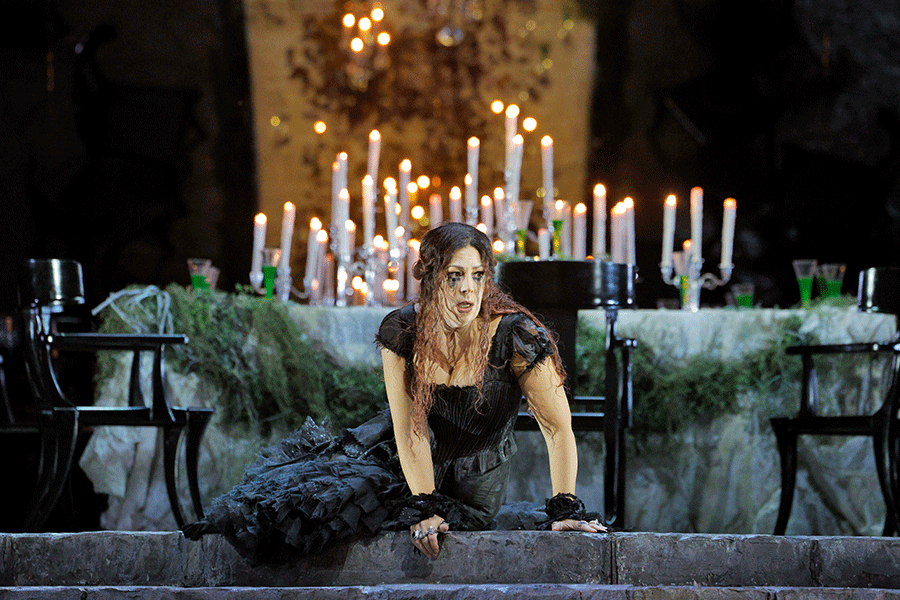1992 is a difficult movie to review. A moment of obligatory liberal confession: I’m a White guy, and this is not a White-guy film. There are, to be sure, White gentlemen in it; they’re the ones who rob a factory. But the people who matter most to this story are Black, and they are surrounded by others like them–many of them very, very angry.
1992 is named for the year in which it takes place, in the city of Los Angeles, California. A man named Mercer (Tyrese Gibson), nicknamed Merc, has just been released from prison. His son, Antoine (Christopher A’mmanuel), lives with him and is not happy about it; his dad, now in his life for the first time ever, has snatched him away from his grandparents and friends. Meanwhile, the city waits for the verdict in the case of four police officers being tried for the vicious beating of Rodney King (back in 1991, King was pulled over for speeding, only to be brutalized by police, to the point of broken bones and permanent brain damage).
Despite video evidence of how brutally police attacked King, every officer is acquitted, and the city erupts. The film mixes actual footage from the events—the press outside the courtroom, the rage erupting in the streets—with movie recreations that, to the mind of someone born in 2006, excellently conjure the fury of the time.
Merc works at a factory with vast stores of platinum for making catalytic converters. On the day of the verdict, Merc and his fellow workers are let out early, in order to get home before rioters can block their paths. For Merc, that’s not such a good thing: he and Antoine live in a spot where he knows the chaos will reach a fever pitch. Instead, he arranges to bring his son to stay the night with him in the factory, until the burning dies down.
There is only one problem with Merc’s plan: he won’t be alone. A band of robbers, hoping to steal the platinum from the factory, takes the riots as a golden minimum-security opportunity. By the time Merc gets there with Antoine, the crooks have already busted in–and when “Toine” heads to the bathroom, he encounters one of them, who promptly pulls a gun. With his son taken captive, Merc has to find a way to get both of them to safety.
Only in the second half does this movie really become a thriller. The first half is taken up with showing us every step by which the criminals enter the factory—an intriguing process, but one that steals time which could have been spent on fights and chases between Merc and the criminals. Mingling with this lead-up are excellent recreations of the riots—though it’s hard to keep calling them that, when you think on one of Merc’s lines. In one particularly poignant shot, an Asian woman (Crystal Lee) stands in front of her store, pleading with unheeding looters to stop what they’re doing. “This is America,” she begs in an accented voice. In another, Merc and Antoine are driving through the chaos when they pass a Black man waving a burning U.S. flag. “F*ck America!” he yells. As they pass, he screams and doesn’t stop.
Beyond that, this film bounces back and forth between superbities and flaws. On the one hand, while driving to the factory, Merc and Antoine have a debate about the righteousness of the rioters that sounds more for the audience’s benefit than for the characters’. On the other hand, directly after that debate, police stop the two of them, pull Antoine from the car, and handcuff him on the hood. In this moment, the look on Christopher A’mmanuel’s face is beyond criticism. In some spots, you have marvelous actors like Dylan Arnold, who plays Dennis Bigby, the younger of two brothers involved in the heist. Dennis is expertly characterized as a practically innocent kid, clearly not fit for the kind of life he’s gotten mixed up in: his voice is quiet and edgeless, he covers his ears when a siren blares, and on the one occasion he raises a gun, his hand shakes. In other scenes are actors like Scott Eastwood, who lacks any voicing or mannerisms to make him convincing as Dennis’ career-criminal brother, Riggin. One constant strength of the movie is the excellent jazz music which permeates several of the scenes.
In the end, 1992 is uneven–but this is not the same as being unentertaining. “I really enjoyed the movie,” said Klaus Bullis, senior. “The cinematography was really good. The writing was good…you could see how [the story] was going to connect, but I wasn’t entirely sure how it would end, and it ended a lot sadder than I wanted it to. But otherwise, I’d definitely watch it again.”




